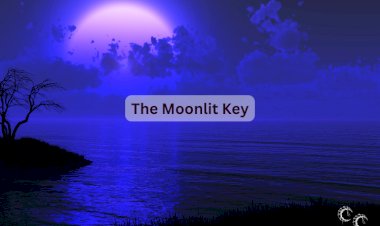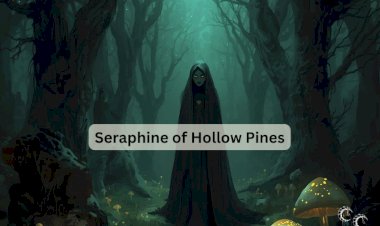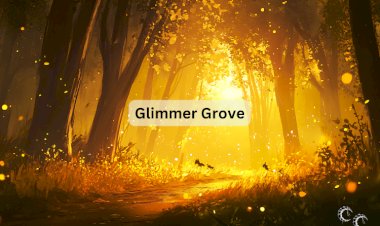Writing Different Genres: 5 Tips for the Genre-Hopping Author

Many writers find joy in exploring multiple genres, using their creativity to craft stories that span everything from science fiction to romance. While genre-hopping can be an exciting challenge, it also requires adaptability and a solid understanding of each genre’s conventions. Here are five essential tips for authors looking to expand their horizons across different genres.
Understand the Conventions of Each Genre
Every genre has its own set of rules and expectations, from tone and pacing to character archetypes and themes. Familiarize yourself with these conventions to ensure your work resonates with the audience.
-
Read Widely: Immerse yourself in the genre you’re exploring. Read both classics and contemporary works to understand what readers expect.
-
Research Tropes: Learn common tropes and motifs in the genre. Whether it’s the “chosen one” in fantasy or the “meet-cute” in romance, knowing these elements can help you incorporate or subvert them effectively.
Adapt Your Writing Style
Different genres often require unique stylistic approaches. The lyrical prose of literary fiction, for instance, contrasts with the concise and action-driven style of thrillers. Tailoring your voice to the genre helps your story feel authentic.
-
Experiment with Tone: Consider the mood you want to evoke. Horror demands suspense and dread, while comedy thrives on wit and levity.
-
Adjust Your Pacing: Fast-paced genres like action-adventure require tighter scenes and quicker resolutions, while genres like historical fiction allow for slower, more descriptive storytelling.
Find the Core Emotional Experience
At the heart of every genre is an emotional experience that draws readers in. Identifying this core emotion helps you connect with your audience on a deeper level.
-
Romance: Focus on love, intimacy, and emotional growth.
-
Science Fiction: Explore wonder, curiosity, and the implications of innovation.
-
Horror: Build fear, suspense, and catharsis through tension.
-
Fantasy: Emphasize escapism, adventure, and the triumph of good over evil.
By understanding and delivering these emotions, your story will resonate no matter the genre.
Blend Genres Thoughtfully
If you’re drawn to more than one genre at a time, consider blending them. This can create fresh and innovative stories but requires careful balance.
-
Maintain Clarity: Choose a dominant genre to anchor your story, ensuring readers know what to expect.
-
Harmonize Themes: Find thematic elements that work well together. For example, science fiction and mystery both thrive on discovery, making them a natural pairing.
Stay True to Your Unique Voice
While it’s essential to adapt to genre conventions, your unique voice is what sets your work apart. Avoid losing your personal style in an attempt to conform.
-
Infuse Originality: Use genre conventions as a foundation but innovate with unique plots, characters, and perspectives.
-
Focus on Your Strengths: Whether it’s dialogue, world-building, or character development, bring your strongest skills into each genre you tackle.
Conclusion
Genre-hopping is a rewarding way to challenge yourself creatively and reach a diverse audience. By understanding genre conventions, adapting your style, and staying true to your voice, you can create compelling stories across a variety of genres. So, take the leap and explore new horizons—your next masterpiece might be waiting in a genre you’ve yet to discover!






























